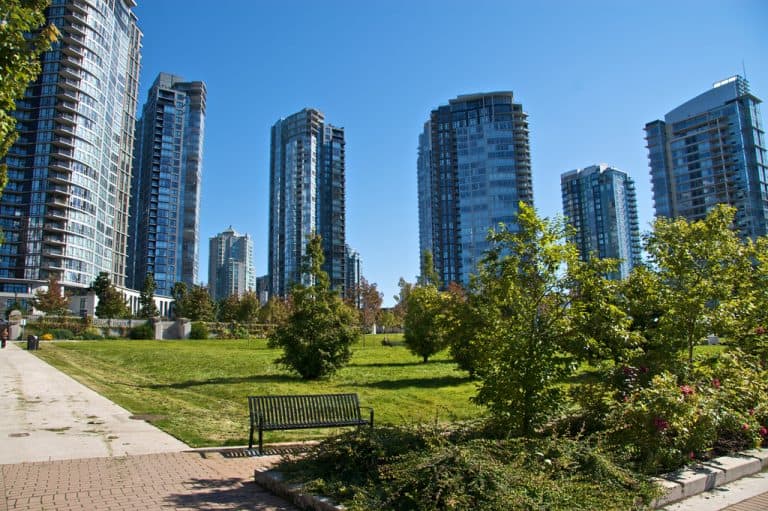There is something about Vancouver that attracts people like a magnet. It has a lot to do with the location on the west coast of British Columbia and the size. Vancouver is currently the eighth largest municipality in Canada and as such has several amenities, attractions, cultural diversities and as many assets as liabilities.
One of the many ways one can gauge progress in and around the city is by taking a closer look at the Vancouver real estate market. According to the Real Estate Board of Greater Vancouver there has been a shifting of sorts within the current market. While numbers pointed towards a record-setting pace in early 2016, in recent months dips have pushed figures back down to what local experts have termed “historically normal” levels.
Looking at the Numbers
According to the REBGV a total of 2,489 residential property sales were recorded in Metro Vancouver for August 2016. Compared to 3,362 sales in the same period in 2015 the numbers show a decrease of 26-percent. Going further back to August 2014 and there is a 10.2-percent decline (2,771 sales) and just a one percent difference from the 2,514 sales recorded in August 2013.
Compared to July 2016, August 2016 recorded a drop in property sales totaling 22.8-percent – that’s almost a quarter of total sales. While these decreases in overall sales can be a telltale sign about the state of the Vancouver real estate market, what it says to the REBGV is something else. The dip in the number of homes sold in the market also pushes down asking prices.

Prices Are Not The Issue
Typically when property sales figures shift downwards it is an indication that prices are too high for buyers. The REBGV says the current trend is not entirely related to that at all. In fact, in August the sales-to-active listings ratio was 29.3-percent which is considered a seller’s market. What may have a greater impact on the numbers currently is the recently implemented Foreign Buyers Tax which appears to have reduced foreign buyer activity.
The 15-percent tax went into effect August 1, 2016 and it is still far too early to see what impact it has had on the Vancouver real estate market. It is easy to lay some of the blame of dropping sales figures in the first month the tax has been in place on this development however, traditionally property sales dip in the middle of summer.
Yaletown Condos are a Different Matter
The upside to the shifting in the real estate market in Metro Vancouver is that apartment properties have not seen as much of a dip as detached homes have over the years. For example, according to the REBGV apartment sales in August 2016 totaled 1,343, down just 10.1-percent from August 2015. Plus, the benchmark price of apartment properties has seen an increasing trend.
The benchmark price recorded in August 2016 of an apartment property was $514, 300 – an increase of 26.9-percent from August 2015 and an increase of 6.1-percent since May 2016. In comparison, the benchmark price of a detached home increased in the past year by 31.1-percent with sales dropping 25.4-percent over the same period.
What Does All of This Mean?
Although there is no shortage of movement within the real estate market in Greater Vancouver, what seems to be the most stable of the properties are apartment units such as Yaletown condos. While prices of both homes and apartments have increased, and sales have decreased, the margins are narrower with apartments and Yaletown condos than with detached homes. This makes investing in a condo a wise choice in today’s Vancouver real estate market.

